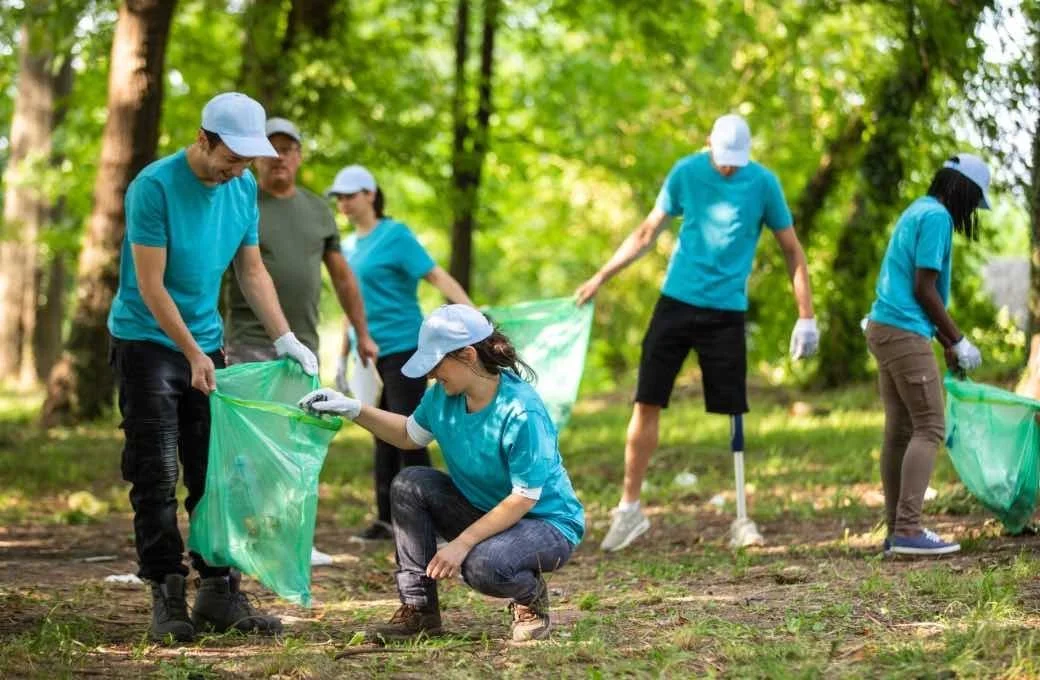Volunteering and Mental Health
Authored by Kyle Golden (May 4, 2023)
This is my first in a series of posts for Mental Health Awareness Month. Mental health is a crucial aspect of personal well-being that can be affected by various factors such as stress, anxiety, and depression. It is essential to take care of our mental health to prevent long-term problems. One often overlooked area in life is how much we volunteer and contribute to our community. Numerous studies show that volunteering can be an effective way to improve mental health while giving back. Let’s take a look at some of the possible reasons.
Increases Self-Esteem
Volunteering helps us feel good about ourselves by contributing positively to our community. It provides a sense of purpose and accomplishment, which can boost self-esteem. It creates a platform for us to use our skills and knowledge to help others, enabling us to learn new things and feel appreciated. Volunteering can also be an opportunity to meet new people and form new relationships. This social interaction can break down feelings of isolation.
Lowers Stress and Anxiety
Volunteering can help reduce stress and anxiety levels by providing an opportunity to take a break from the routine of our everyday lives. It can be a form of distraction from personal problems and stressors, allowing us to focus on helping others. By volunteering, we can also learn new skills and gain a sense of mastery, which can provide a sense of control and reduce stress levels.
Provides a Sense of Purpose
Volunteering can give us a sense of purpose and meaning in our lives. It can be an opportunity to use skills and knowledge to help others and contribute to the community. This sense of purpose can give us a reason to get up in the morning, which can be particularly helpful for those experiencing depression or other mental health issues. Volunteering can also help us develop a more positive outlook on life, which can improve mental well-being.
Here are some tips for getting started with an organization as a volunteer:
Choose a cause that you are passionate about and aligns with your interests.
Set realistic expectations around your commitment to volunteering, factor in how much time you have to dedicate to the cause.
Consider volunteer opportunities that match your skills and experience.
Take care of yourself while volunteering by staying hydrated and taking breaks when needed.
Connect with other volunteers and build relationships within the community.
Keep track of your progress and celebrate your accomplishments.
Remember that volunteering is a two-way street- you are helping others, but you also benefit from the experience.
By following these tips, volunteering can be a positive and rewarding experience that can benefit both your mental health and your community.
(Consider this article as general information on health, fitness, and lifestyle. Always consult your physician or health care provider before making significant changes to your diet or lifestyle.)
Hi, I’m Kyle Golden,
Founder and Coach at Vireo Fitness. For over 16 years I have helped hundreds of clients just like you find their path to better health. Get in touch today and find out how I can help you embrace a better lifestyle and realize your full potential!



